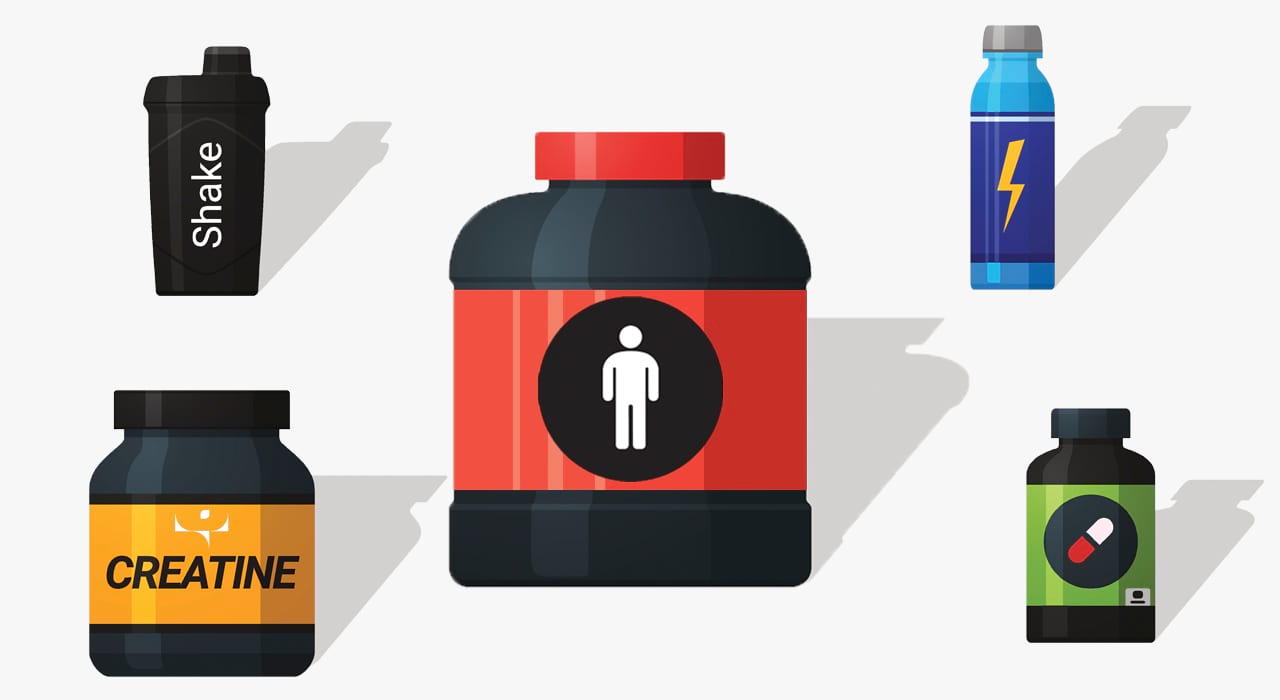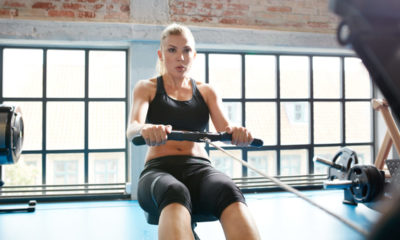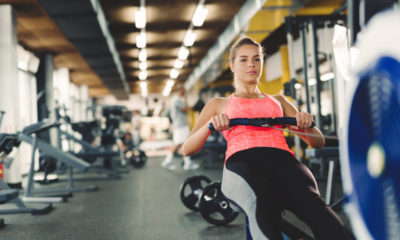Fitness
All Of Your Health And Fitness Questions This Week
Each week our resident expert Samantha answers your health, life, and fitness questions right here. Samantha Ann Leete is a fitness model with a passion for brownies who helps others strike the right balance with her realistic approach to health and fitness.
Is it OK for women to take creatine or is it a supplement only for men?
Creatine is an organic compound found naturally in your diet, primarily in red meats and fish; and it’s also made in your body, primarily in the liver. The supplemental form of creatine can help increase lean muscle mass, strength, endurance, athletic performance and recovery; and it’s a supplement women should definitely consider adding to their arsenal, especially if they avoid red meat.
I avoided taking creatine for years, thinking that it would only make me big, bloated and bulky. Once I actually did my research, I learned that these were misconceptions and I decided to give it a try. Although the majority of research with creatine has been conducted on men, there’s evidence that women benefit from supplementation as well.
For example, a study in The Journal of Strength and Conditioning Research examined the effects of creatine in 14 female NCAA Division I soccer players for 13 weeks. Seven women were given creatine and seven were given a placebo. After 13 weeks, women taking creatine had greater gains in maximal bench press and squat strength than the women taking the placebo; and more muscle and power means you’ll burn more calories.
Do I have to stop eating at a certain time in the evening?
No, because your body needs protein before bed. While you sleep, your body is deprived of food for approximately eight hours. During this time your body can resort to becoming catabolic. In other words, your body will begin to eat muscle tissue. By having a slow-digesting source of protein (chicken breast, lean fish) before bed, you can save yourself from hunger pains and preserve your hard-earned muscle, which in turn helps you burn fat.
Will I get tight and inflexible if I lift?
Although many athletes in the mid- 1900s believed big muscles would hinder their performance, that credo has been disproved by research. In fact, weightlifting, with a full range of motion during your lifts, will actually increase flexibility, according to a study in the Journal of Strength and Conditioning Research.
The important part is to make sure you’re weight training with proper form. This increases flexibility because you’re repeatedly moving muscles, joints and ligaments. If you’re worried about becoming inflexible, it also never hurts to stretch as a warm-up/ cool-down before and after your workout.
Find expert advice and more in every issue of TRAIN for HER magazine.














